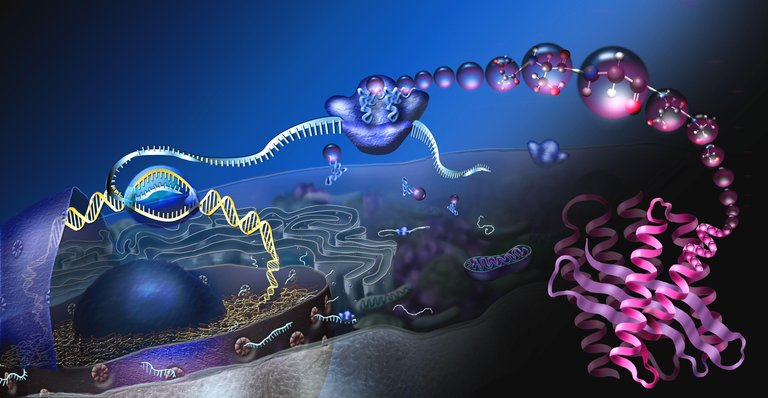LeoGlossary: Biology

Biology is the scientific study of living organisms and their interactions with one another and the environment. It is a broad field that encompasses many sub-disciplines, including:
- Botany - the study of plants
- Zoology - the study of animals
- Microbiology - the study of microscopic organisms such as bacteria and viruses
- Genetics - the study of heredity and the variation of organisms
- Physiology - the study of the functions of living organisms and their parts
- Ecology - the study of the distribution and abundance of living organisms and the interactions between them and their environment
- Evolution - the study of the origins and changes in species over time
Biologists may study a wide range of topics, such as the structure and function of cells, the mechanisms of inheritance, the development and growth of organisms, the ecological relationships between species, and the evolution of species over time. They may conduct research in laboratory settings, in the field, or through computational modeling.
Biology is a diverse and constantly evolving field, with new discoveries and technologies driving advances in fields such as medicine, agriculture, and environmental conservation.
History
The history of biology is a fascinating journey filled with curiosity, discovery, and paradigm shifts. Here's a glimpse into its evolution:
Ancient Foundations (Before 17th Century):
- Early Civilizations (3000-1200 BCE): Practices like agriculture and medicine in ancient Egypt, Mesopotamia, and India laid the foundation for understanding the living world.
- Ancient Greece (4th Century BCE): Aristotle is considered one of the first biologists, making significant contributions to animal classification, anatomy, and physiology. Theophrastus, his successor, focused on plant life, laying the groundwork for botany.
- Middle Ages (5th-15th Century): While scientific advancements were limited, Islamic scholars like Avicenna preserved and expanded upon Greek knowledge, contributing to advancements in medicine and natural history.
Emergence of Modern Biology (17th-19th Centuries):
- The Renaissance (14th-17th Century): Renewed interest in empiricism and scientific exploration led to discoveries like the microscope by Anton van Leeuwenhoek, revealing the unseen world of microorganisms.
- 18th Century: Classification systems for plants and animals were developed by Carl Linnaeus, laying the groundwork for modern taxonomy. Advances in microscopy by Robert Hooke furthered understanding of cell structure.
- 19th Century: Charles Darwin's theory of evolution by natural selection revolutionized our understanding of life, providing a framework for explaining the diversity and adaptation of living organisms. Louis Pasteur's work on germ theory had a significant impact on medicine and public health.
20th Century and Beyond:
- Early 20th Century: Rediscovery of Gregor Mendel's work on genetics laid the foundation for modern genetics, leading to breakthroughs in understanding heredity and disease.
- Mid-20th Century: The structure of DNA, the blueprint of life, was identified by James Watson and Francis Crick, ushering in the era of molecular biology.
- Late 20th and 21st Century: Advancements in technology have led to the fields of genomics, biotechnology, and genetic engineering, revolutionizing our understanding and manipulation of living organisms.
This is a simplified overview, but it highlights the key milestones in the history of biology, from its ancient roots to its dynamic state today. As technology continues to evolve, the future of biology promises exciting discoveries and advancements that will continue to shape our understanding of the living world.
General:
Posted Using InLeo Alpha